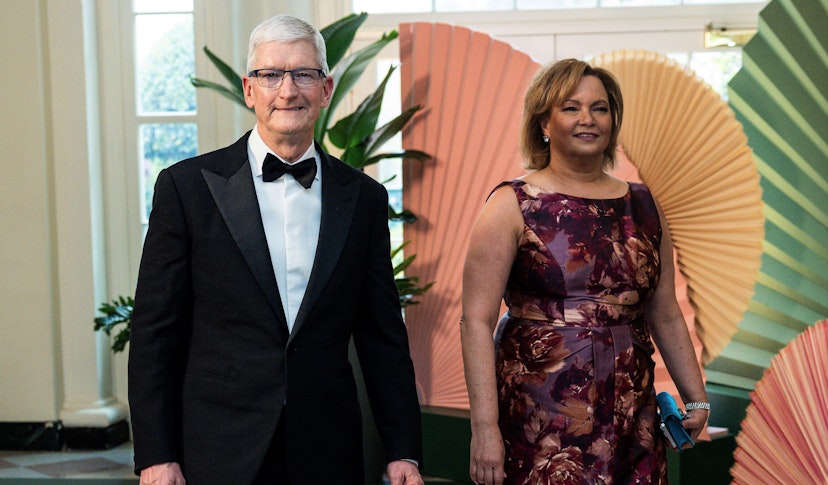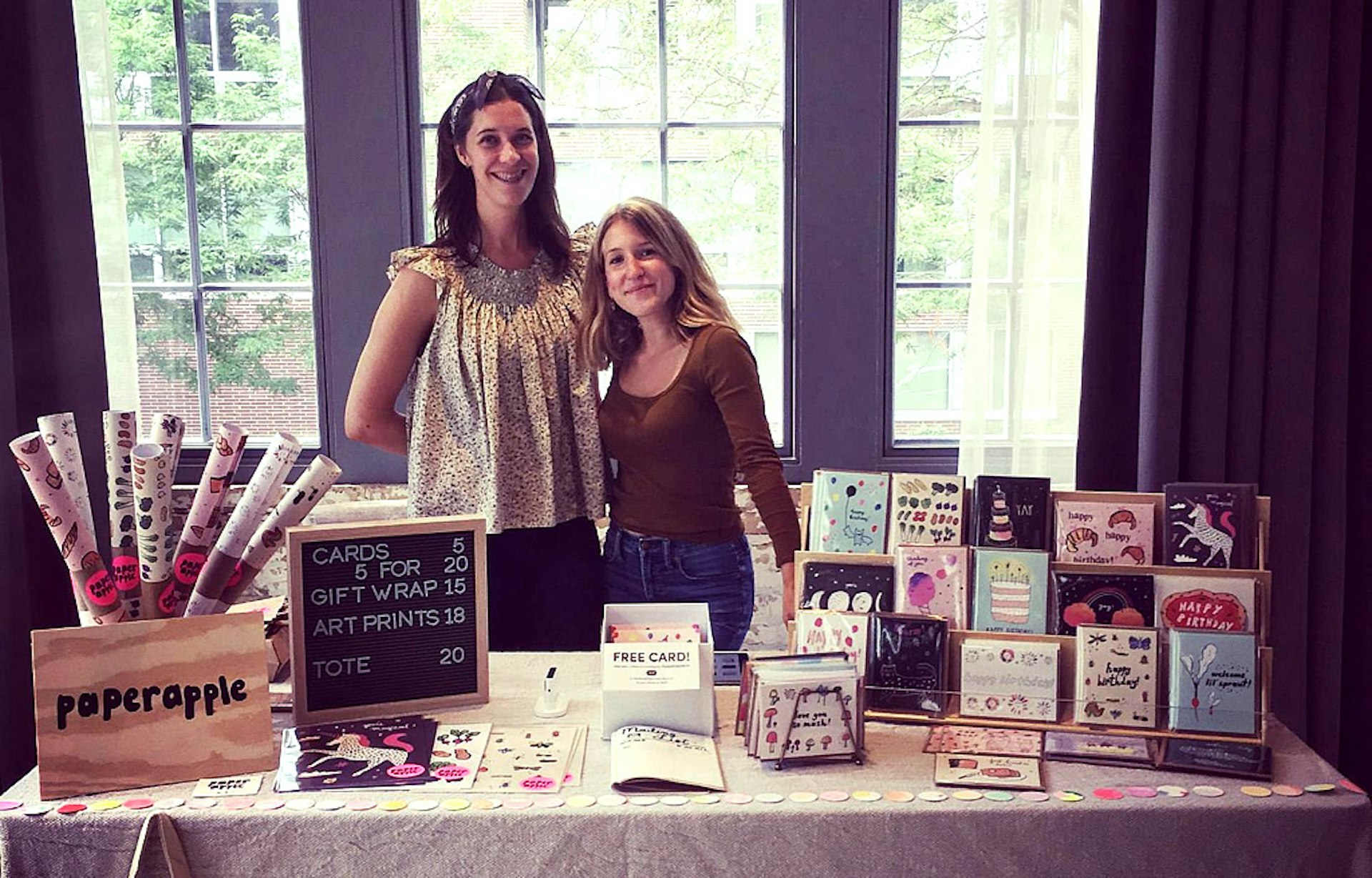Apple_
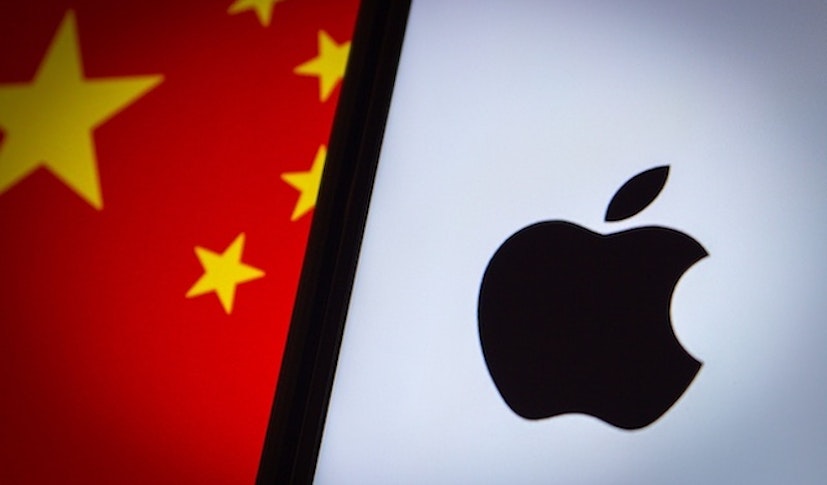
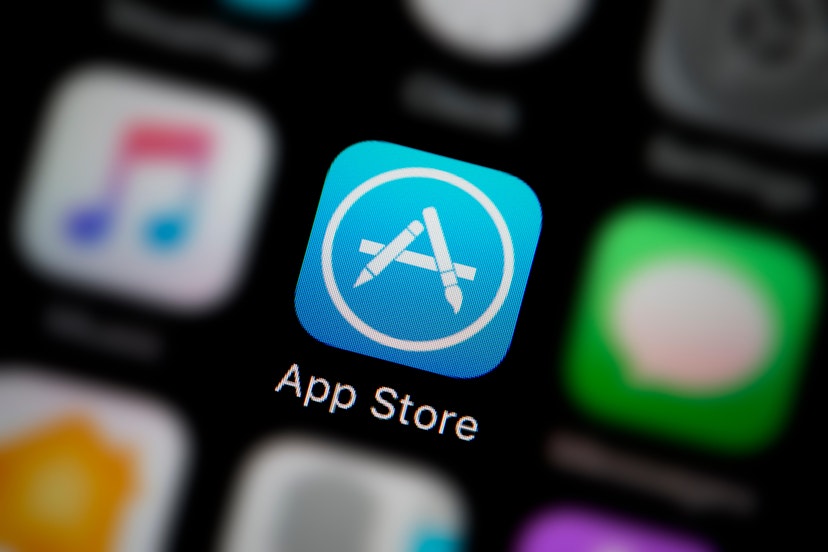
Apple and Google say they comply with U.S. sanctions. But an array of sanctioned companies, many from Russia and China, offer apps through their app stores.

The Apple and Google app stores offer VPNs without revealing they’re owned by Chinese companies. That keeps Americans in the dark about privacy and national security risks.

Apple Podcasts prohibit “harmful and dangerous” content. But the platform is a hub for shows spreading Covid conspiracies—and increasingly, misinformation about monkeypox.
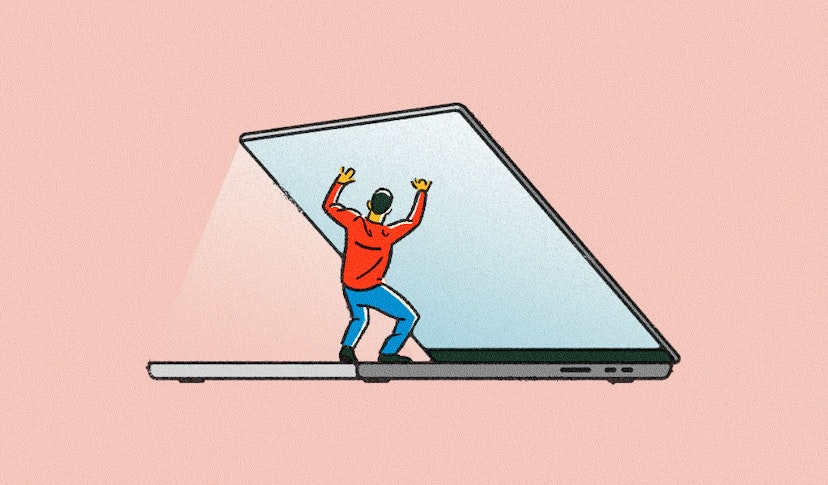
Apple’s critics say the company has a long history of putting third-party apps out of business by copying their ideas. Is Jamf, the maker of device management software, next in line?
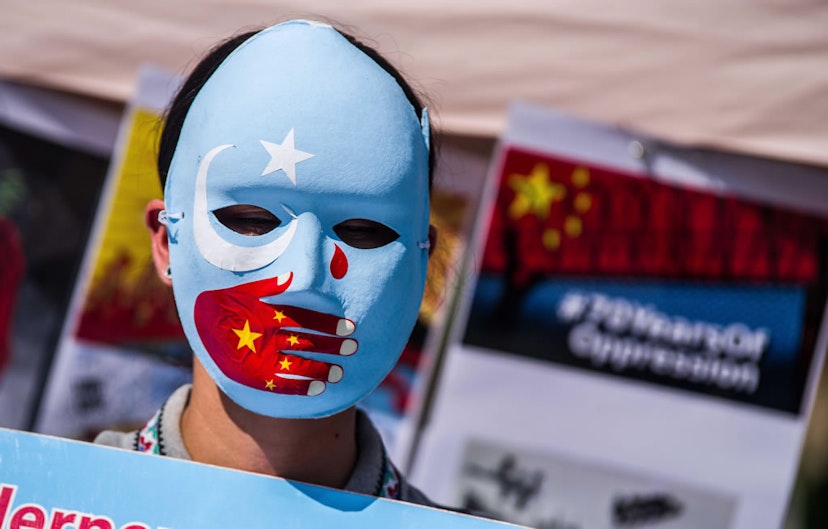
A new law presumes goods from China’s Xinjiang region are tainted by forced labor unless importers prove otherwise. Will it bring some accountability to Apple?

Apple CEO Tim Cook talks about a ‘greener’ future. But his company is a member of business associations fighting efforts to reduce greenhouse gas emissions.
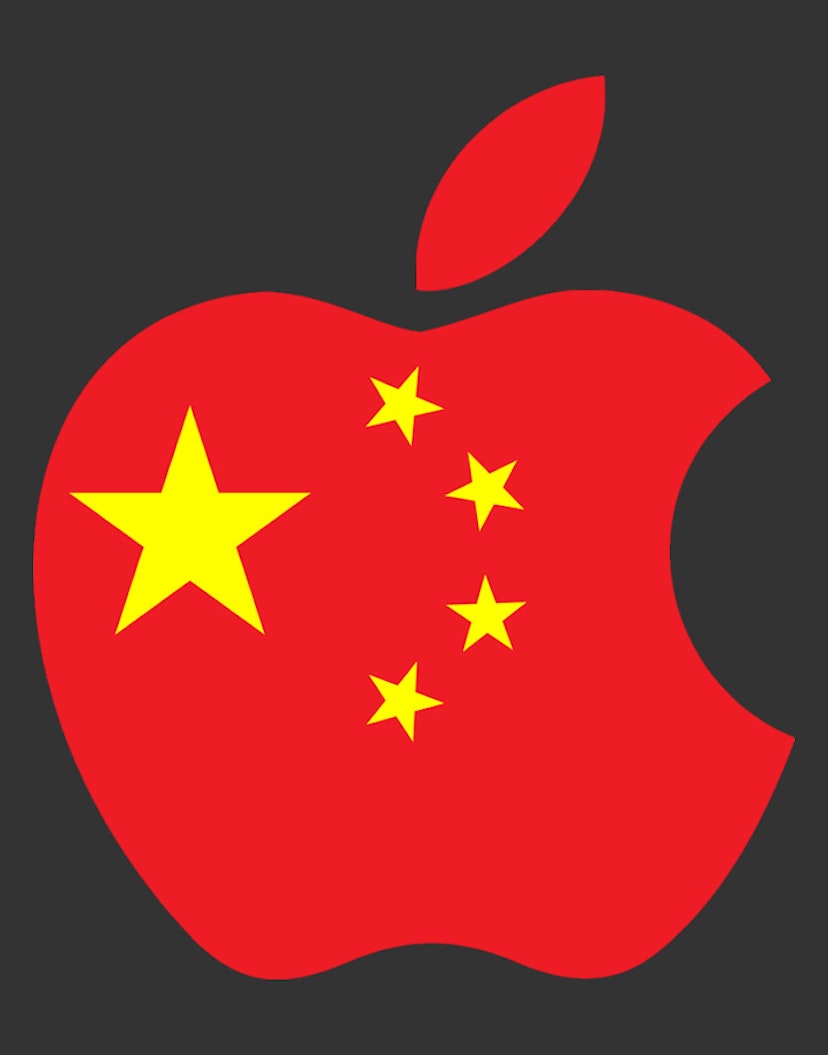
Today, Campaign for Accountability (CfA) filed a formal complaint with U.S. Customs and Border Protection over Apple’s continued use of forced labor in products it ships to and sells in the United States.
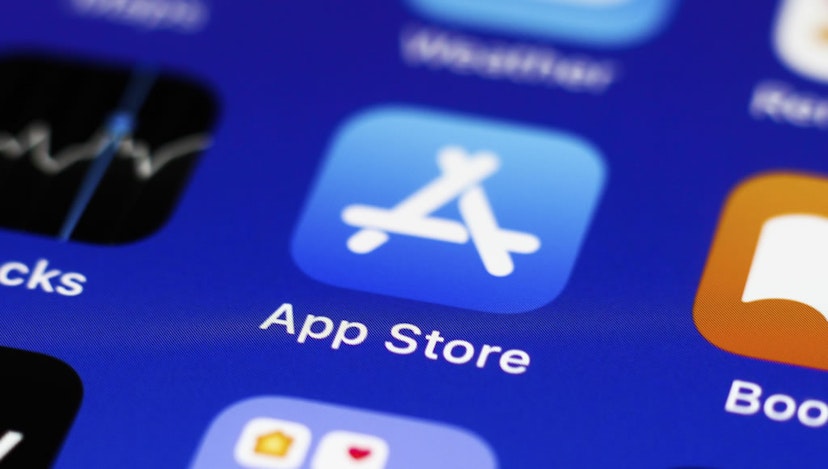
State lawmakers have floated numerous bills to break Apple’s grip over the App Store. A TTP investigation reveals the iPhone giant’s extensive pushback.

Apple just announced new steps to flag child sex abuse images on iPhones. But a TTP investigation shows that Apple’s App Store is rife with child safety problems.
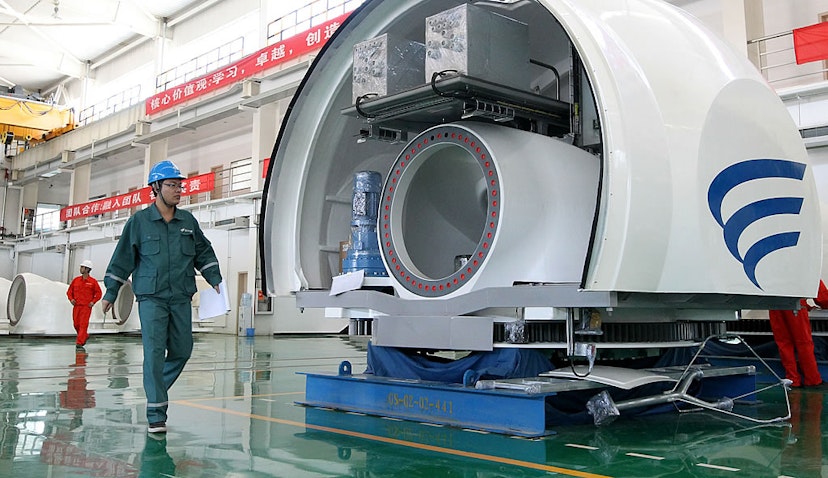
Apple is investing in wind farms in China as it develops a carbon neutral supply chain. But the company’s wind partner in China has links to the repression of minority Uyghurs in Xinjiang.
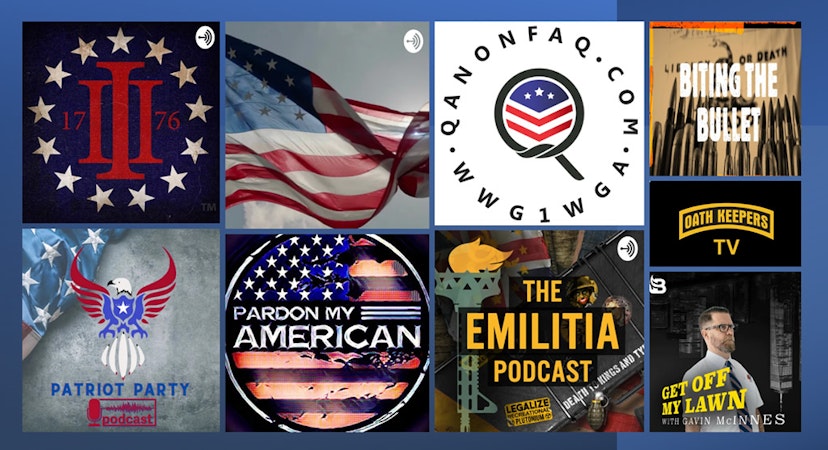
Militia groups and QAnon have amassed a vast audience through social media. But they’ve also gained a foothold on Apple and Google podcasts—and an Apple TV show.
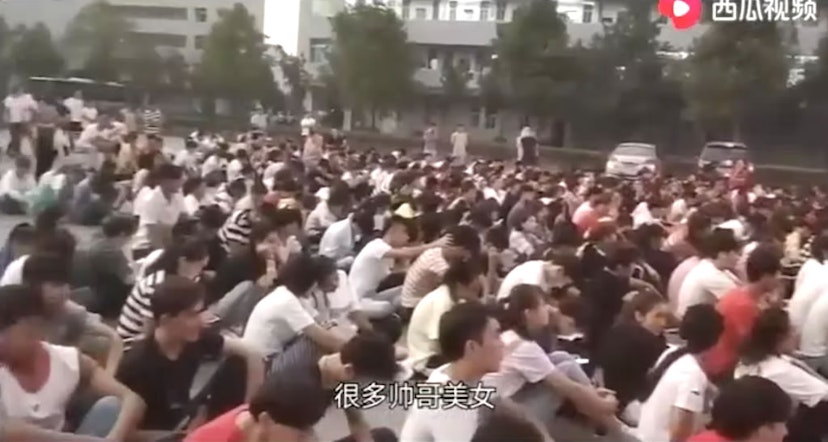
Chinese company Lens Technology—a key part of Apple’s supply chain—has made heavy use of minority Uighur workers, TTP’s investigation found.
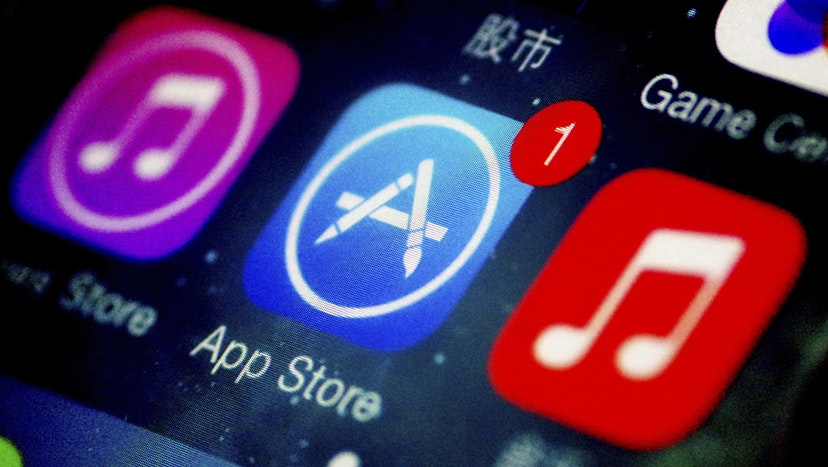
Apple admits it has removed apps in China at the government's request, but says the majority involve activities like illegal gambling and porn. A TTP analysis, however, suggests Apple is proactively blocking scores of other apps that are politically sensitive for Beijing.
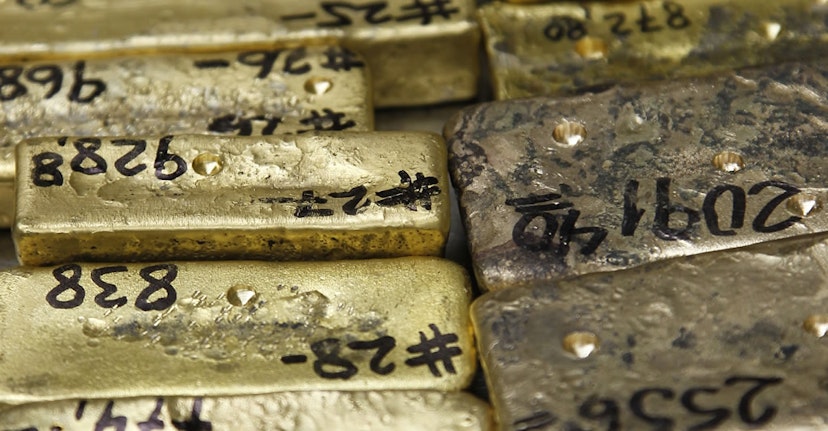
Apple has touted its efforts to halt the trade of conflict minerals like gold. But the company has long relied on gold suppliers linked to money laundering and other illegal activity.
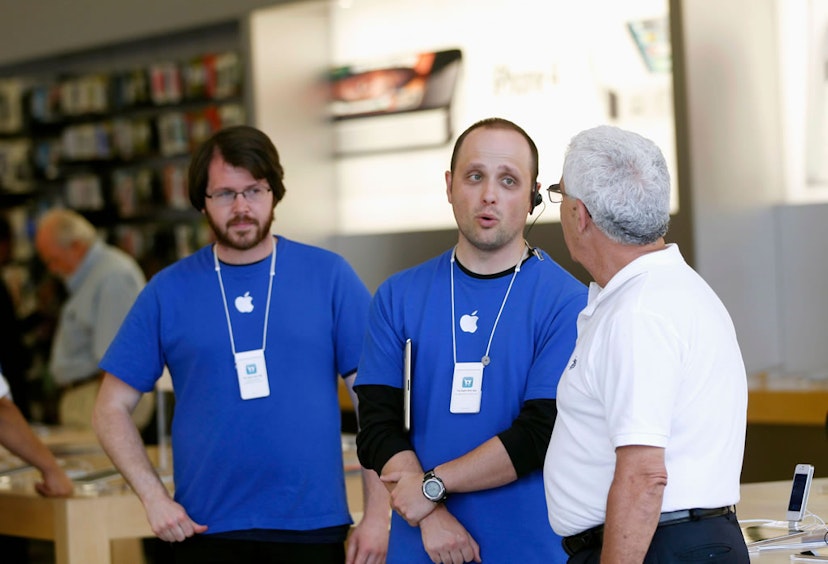
Apple says it has ‘zero tolerance’ for forced labor in its supply chain. But Apple’s supplier of T-shirts for its retail staff just got slapped with U.S. sanctions for coercive labor practices.
Top stories_

Apple and Google say they comply with U.S. sanctions. But an array of sanctioned companies, many from Russia and China, offer apps through their app stores.

Scammers are spending heavily on Facebook ads that use deepfake videos of President Trump, Elon Musk, and other political figures to hawk fake government benefits.

Meta says its ‘Instagram Teen Accounts’ protect minors from inappropriate content, including people fighting. But there’s a big hashtag loophole.

As Meta comes under growing pressure over its impact on teens, it’s using a range of tactics to move the public narrative in a friendlier direction.

Google once ranked as the country’s top corporate spender on lobbying, but then its numbers dropped sharply. A little-known legal strategy played a role.

Arms dealers in Houthi-controlled Yemen are openly offering weapons for sale on Elon Musk’s X and Meta-owned WhatsApp.

The Apple and Google app stores offer VPNs without revealing they’re owned by Chinese companies. That keeps Americans in the dark about privacy and national security risks.
